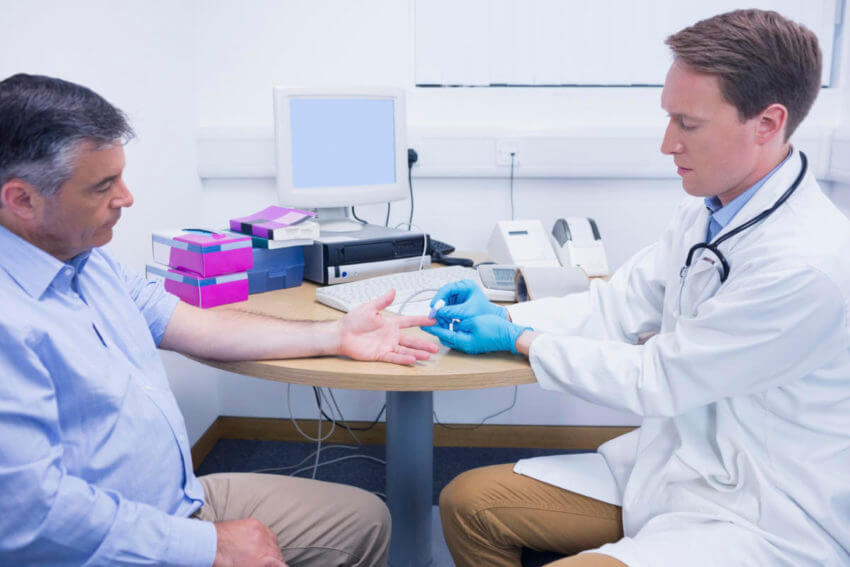Attention, health care providers with interest in surgical management of the diabetic foot:
The UT Health Science Center at San Antonio announces the 11th Annual International External Fixation Symposium, set for Dec. 8-10 at the La Cantera Hill Country Resort. Registration is still open for this multidisciplinary continuing education conference, which will feature state-of-the-art lectures Dec. 8 and 9 at La Cantera and a day of hands-on cadaveric workshops Dec. 10 at the Health Science Center.
Students are invited to attend the general sessions Dec. 8 and 9. Space is limited for the cadaver labs, which are open to physicians, surgeons, residents and fellows (residents and fellows should have a letter from their program director to attend).
For continuing education information and to register, visit http://cme.uthscsa.edu/exfix2016.asp.
The UT Health Science Center is one of the top referral centers in the United States for surgical treatment of diabetic Charcot foot syndrome, a weakening of the bones of the feet in persons who have neuropathy, or loss of sensation. Because of neuropathy, diabetics may not feel an initial blister or other minor injury and this can lead to escalated issues.
Severe Charcot syndrome can include fractures of multiple bones in the foot and even lead to lower-extremity amputation. External fixation, patented by the Health Science Center, is a clinical approach to stabilize the foot and prevent complications including amputation.
Because of the large diabetic population of South Texas, the UT Health Science Center sees more cases of Charcot foot syndrome than most centers nationwide, said Thomas Zgonis, D.P.M., FACFAS, professor of orthopaedics in the Podiatry Division.
Dr. Zgonis, who holds the Lee J. Sanders, Professorship in Lower Extremity Amputation Prevention, is the founder and scientific chairman of the International External Fixation Symposium, which over the years has featured a multidisciplinary faculty including specialists in infectious disease, orthopaedic surgery, vascular surgery, radiology, interventional cardiology, internal medicine, family and community medicine, and plastic and reconstructive surgery.


